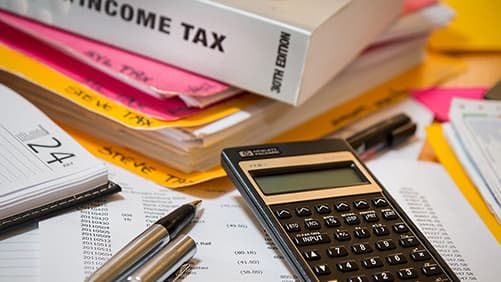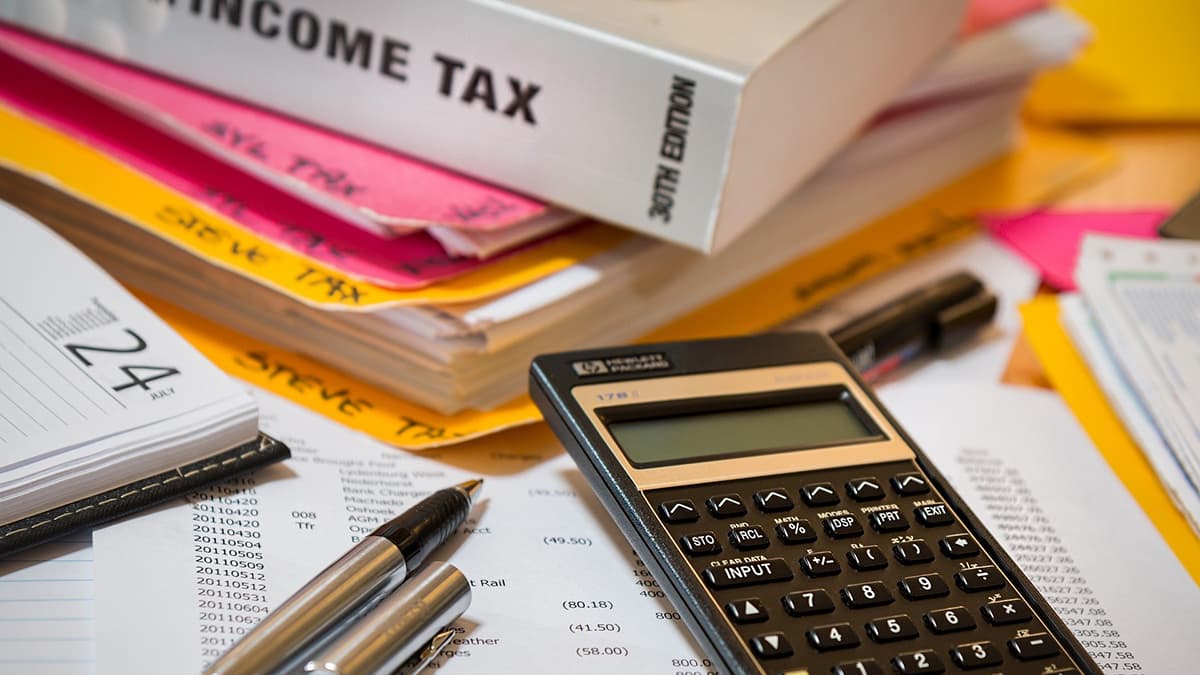
With the Philippines House of Representatives voting yes on new Philippine Offshore Gambling Operator (POGO) taxes, the question is not if the Senate will approve, but when. Several senators indicate it’s just a matter of time.
In a message to BusinessWorld, Senate President Vicente C. Sotto III the Senate would “most probably” pass their own POGO tax bill. also pass a bill taxing POGO workers.
Senate President Pro Tempore Ralph G. Recto, who has his own POGO bill with a 30% tax rate, thinks they can put something together. “Surely, we can reconcile both bills,” he wrote to the outlet. “Government needs all the taxes/revenue it can collect from the industry.”
Senator Juan Edgardo M. Angara believes the bill is necessary to keep in the industry in check. “It is better to have a regulated and supervised gaming industry rather than one that exists underground,” he commented.
What’s unclear is how Mr. Angara expects new taxes to increase supervision of the POGO industry. Perhaps it was a thinly veiled critique of the Philippine Amusement and Gaming Corporation (PAGCOR).
The government was forced to push for new POGO taxes when an early January ruling by the Supreme Court went in the industry’s favor, declaring the 5% turnover tax null and void. Recto noted that the “peculiarity of the nature of its business activity creates confusion in the enforcement of our existing tax laws.”
In response to that ruling, the House of Representatives quickly got to work, passing House Bill No. 5777 on February 8. The new bill would reimpose a 5% tax of gross gaming receipts, as well as a 25% income tax on employees
As the government scrambles to legally take their pound of flesh, the real estate sector is getting ready for more bad news. New estimates from Colliers International Philippines projected the office vacancy rate of Metro Manila to rise to 12.5% in 2021, up from 9% in 2020. They cite the POGO exodus and continuing Covid-19 restrictions as a cause for the expected rise.
That number was partially calculated based on POGOs getting their Supreme Court tax break though, with the assumption they’d start coming back once travel restrictions ease up. With new taxes coming in, the real number could end up being a bit worse.
